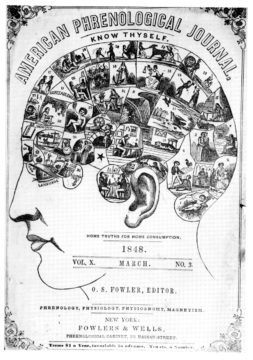by Peter Wells
 Christmas is traditionally a time for stories – happy ones, about peace, love and birth. In this essay I’m looking at three Christmas stories, exploring what they tell us about Christmas: the First World War Christmas Truce, The Gift of the Magi (O. Henry), and the Nativity story.
Christmas is traditionally a time for stories – happy ones, about peace, love and birth. In this essay I’m looking at three Christmas stories, exploring what they tell us about Christmas: the First World War Christmas Truce, The Gift of the Magi (O. Henry), and the Nativity story.
Peace: The Christmas Truce
The Christmas Truce of 1914 is, as the Imperial War Museum admits (link), one of the most mythologised events of the First World War. Here is one version, which is probably as near the truth as we are going to get:
Late on Christmas Eve 1914, men of the British Expeditionary Force heard German troops in the trenches opposite them singing carols and patriotic songs and saw lanterns and small fir trees along their trenches. Messages began to be shouted between the trenches. The following day, British and German soldiers met in no man’s land and exchanged gifts, took photographs and some played impromptu games of football. They also buried casualties and repaired trenches and dugouts. After Boxing Day, meetings in no man’s land dwindled out [Imperial War Museum website, my emphasis].
Love: The Gift of the Magi
O. Henry’s 1905 story, The Gift of the Magi, is a Christmas story about “two foolish children” – an impecunious American couple, aptly surnamed “Young.” We are introduced first to Della, who has only $1.87 to buy her husband, Jim, a Christmas present. She sells her exceptionally long and beautiful hair to a wigmaker, so that she can buy Jim a present that reflects her love for him. This earns her enough money to buy a gold chain for his beloved fob watch, and she is blissfully happy. Then he arrives, sees her with her shorn head, and the chain, and reacts in a terrifying manner:
His [Jim’s] eyes looked strangely at Della, and there was an expression in them that she could not understand. It filled her with fear. It was not anger, nor surprise, nor anything she had been ready for. He simply looked at her with that strange expression on his face [my emphasis].
This wild look comes about because Jim has bought, for Della’s Christmas present, a set of combs for her vanished hair. As a further irony, in order to buy the combs, he has sold the watch. So there are a number of emotions going through Jim’s mind, none of them happy, and none of them anti-Della, though they are very much anti-something. Read more »









 Thorstein Veblen’s The Theory of the Leisure Class is a famous, influential, and rather peculiar book. Veblen (1857 – 1929) was a progressive-minded scholar who wrote about economics, social institutions, and culture. The Theory of the Leisure Class, which appeared in 1899, was the first of ten books that he published during his lifetime. It is the original source of the expression “conspicuous consumption,” was once required reading on many graduate syllabi, and parts of it are still regularly anthologized.
Thorstein Veblen’s The Theory of the Leisure Class is a famous, influential, and rather peculiar book. Veblen (1857 – 1929) was a progressive-minded scholar who wrote about economics, social institutions, and culture. The Theory of the Leisure Class, which appeared in 1899, was the first of ten books that he published during his lifetime. It is the original source of the expression “conspicuous consumption,” was once required reading on many graduate syllabi, and parts of it are still regularly anthologized.




 Last month
Last month  My Jewish maternal grandparents came to America just ahead of WWII. Nearly all of my grandmother’s extended family were wiped out in the Holocaust. Much of my grandfather’s extended family had previously emigrated to Palestine.
My Jewish maternal grandparents came to America just ahead of WWII. Nearly all of my grandmother’s extended family were wiped out in the Holocaust. Much of my grandfather’s extended family had previously emigrated to Palestine.